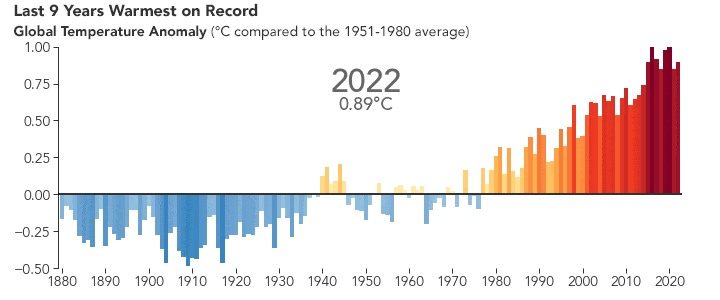Hello Ecosattvas, and welcome to the start of our group read along of Joanna Macy’s book Active Hope.
This week we begin with the first part of the introduction (p1-5). There is a lot of material in the first twelve pages so I decided to split it over two weeks.
In this part of the book, Joanna talks about the increasing risk and prevalence of extreme weather events being the canary in the coal mine for global warming. She also talks about the rise in population size and global inequality even while $2tn a year is spent on warfare.
Joanna distinguishes between hope as an aspect of optimism, and hope as our vision of what we would like to see in the future, and firmly places active hope in the latter camp, seeing it as a practice to work towards our vision, however slowly.
She talks about our building our own capacity to generate our hope and vision, building a sense of purpose which can easily become lost when we are faced with such an overwhelming situation.
Questions
1. How do you think it is possible to ignore the canary in the coal mine warnings? What can we do about people who do ignore these?
2. Do you have an innate feeling that things should get better with time? Has your Buddhist practiced influenced this feeling?
3. How do you feel about facing the current realities facing both our planet and the humans and animals who inhabit it? Does your practice of sitting enable you to face things more than you might otherwise be able to?
4. How do you see Active Hope? Can you relate our positive or negative actions, however small, to karma? How do you work with feelings of hopelessness, if you get them, or encounter them in others?
Feel free also, to mention anything talked about that is not included in the questions. Even after just reading the first five pages, I am really excited for this book!
Gassho
Kokuu
-sattoday-
This week we begin with the first part of the introduction (p1-5). There is a lot of material in the first twelve pages so I decided to split it over two weeks.
In this part of the book, Joanna talks about the increasing risk and prevalence of extreme weather events being the canary in the coal mine for global warming. She also talks about the rise in population size and global inequality even while $2tn a year is spent on warfare.
Joanna distinguishes between hope as an aspect of optimism, and hope as our vision of what we would like to see in the future, and firmly places active hope in the latter camp, seeing it as a practice to work towards our vision, however slowly.
She talks about our building our own capacity to generate our hope and vision, building a sense of purpose which can easily become lost when we are faced with such an overwhelming situation.
Questions
1. How do you think it is possible to ignore the canary in the coal mine warnings? What can we do about people who do ignore these?
2. Do you have an innate feeling that things should get better with time? Has your Buddhist practiced influenced this feeling?
3. How do you feel about facing the current realities facing both our planet and the humans and animals who inhabit it? Does your practice of sitting enable you to face things more than you might otherwise be able to?
4. How do you see Active Hope? Can you relate our positive or negative actions, however small, to karma? How do you work with feelings of hopelessness, if you get them, or encounter them in others?
Feel free also, to mention anything talked about that is not included in the questions. Even after just reading the first five pages, I am really excited for this book!
Gassho
Kokuu
-sattoday-

 )
)


Comment